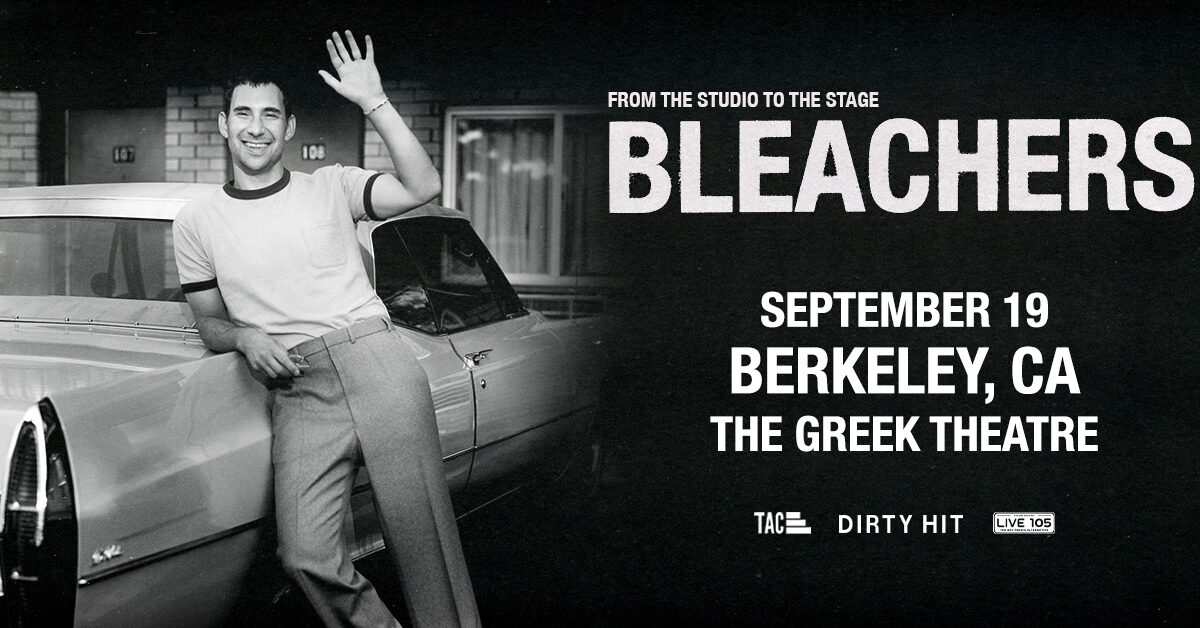Movie Review: ‘Transcendence’ Doesn’t Live Up To Its Title

Wally Pfister is best known as the cinematographer on most of Christopher Nolan’s films. After working with the director on all of his films since Memento, he’s decided to change course and direct himself. Transcendence owes a lot to his close relationship with Nolan. Not only is most of the cast pulled from Nolan’s well of actors, but the film’s plot treads similar territory. Like Nolan, Pfister attempts to merge an entertaining action film with underlying psychological elements. The operative word, of course, is attempts. Unlike Nolan, Pfister is unable to forge his own identity as a filmmaker, and while he sets up his film with a promising premise, he fails to deliver on it.
Dr. Will Caster (Johnny Depp) has been working on creating a self-aware Artificial Intelligence, a theory he terms transcendence. Unfortunately, there’s a terrorist group run by Bree (Kata Mara) who disagrees with Will’s research and poisons him after a conference. Given only weeks to live, Will’s wife Evelyn (Rebecca Hall) and friend Max Waters (Paul Bettany), both research scientists as well, begin work on uploading Will’s consciousness into the AI he had been working on. Max is more hesitant, fearing that what they have created isn’t really Will. But Evelyn is convinced it is and after Bree and her troupe become aware of their project, Evelyn uploads his consciousness onto the internet, and goes on the run.
At first it seems as if this “Will” wants to bring good into the world through technology. To do that, he games the stocks and deposits millions into Evelyn’s account, the first clue that something may not be right. Still, she uses that money to set up a new lab in a podunk town where she hopes no one will find her. But it soon becomes apparent that “Will” is as hungry for power as he is for his scientific research.
Pfister sets up an interesting story about the fine line between science and humanity, he ultimately fails to reconcile the message with his characters. There’s just never enough time spent with Will before he dies to really understand who he was as a person, and to judge him against his uploaded “consciousness.” Max asserts that Will would never thirst for power the way the AI does, but the audience isn’t able to judge that for themselves. Similarly, Mara’s Bree is given almost zero personality outside of some arm tattoos and thick eyeliner signaling that she is, indeed, a bad ass.
But what’s most frustrating is that Pfister could have done something with this story. Instead, he relies too heavily on the Nolan formula instead of creating his own formula. There’s too little action too late to really be considered an action film, and yet there isn’t enough character development to anchor its more cerebral elements. It’s no surprise that Pfister hasn’t lost his eye for beauty and the film looks gorgeous, but he stumbles with the narrative elements that come into play with being a director. Transecendence shouldn’t halt Pfister’s directing ambitions, but if he’s going to move forward he needs to work on creating his own style and work with a script that’s less derivative.
Rating: 2.5 out of 5








